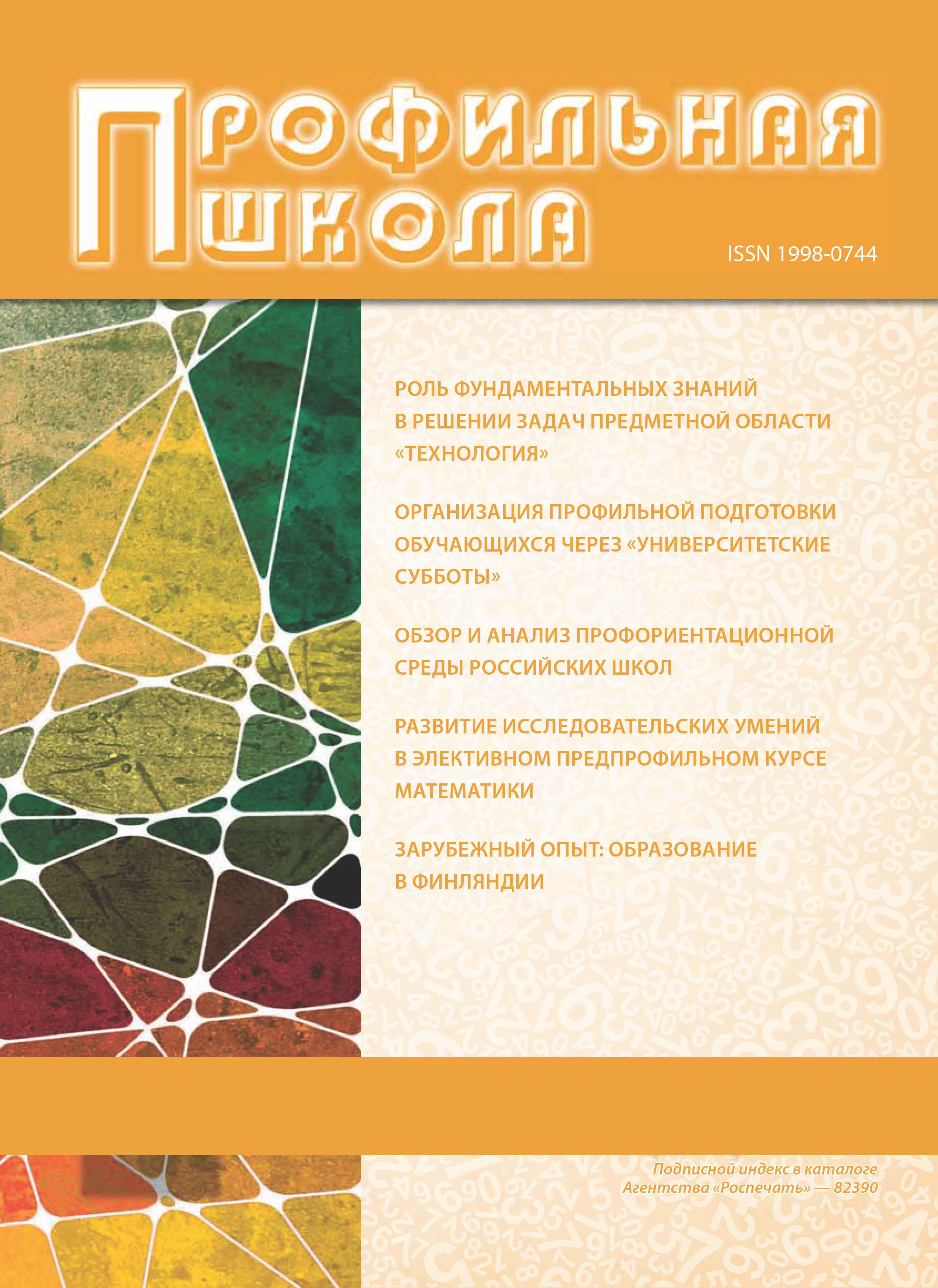graduate student
Russian Federation
The article is devoted to the preparation and use of cases on social engineering to consider organizational and legal aspects of information security. With the increasing availability of digital tools, the topic of personal information security remains relevant, as the proportion of people who are deceived by fraudsters is only increasing. Sophisticated phishing scenarios and attacks on social networks and messengers have become especially popular. The formation of a holistic view in the field of information security with an emphasis on the formation of digital competencies in the field of information ethics and law is becoming increasingly demanded in general education. To achieve subject outcomes on the topic, computer science teachers are encouraged to use interactive social engineering cases in a computer science course at the secondary general education level.
information security, social engineering, phishing, cyberbullying, personal data, cases, computer science, information protection, information ethics, information law, legal regulations
1. Bosova L.L., Samylkina N.N. Issues of information ethics and law in the general education course of computer science. Materials of the IX International scientific and methodological conference dedicated to the 75th anniversary of Professor E.Y. Bidaybekov and the 35th anniversary of school informatics: Mathematical modeling and information technology in education and science. - Abay KazNPU, 2020.
2. Bosova L.L. About new approaches to the study of school informatics in the conditions of digital transformation of society. // Informatics in school. 2022 № 4(177) - p.3.
3. The Civil Code of the Russian Federation from November 30, 1994 № 51-FZ https://www.consultant.ru/document/cons_doc_LAW_5142/.
4. Doctrine of information security of the Russian Federation". Approved December 5, 2016 № 646. https://www.consultant.ru/document/cons_doc_LAW_208191/
5. Unified Register of Russian Programs for Electronic Computing Machines and Databases. https://www.ispring.ru/software-registry/
6. Kalinin I. A., Samylkina N. N. Informatics. Advanced level. 11th grade. MOSCOW: BINOM. Laboratory of Knowledge, 2013. 216 s.
7. National Program "Digital Economy of the Russian Federation". http://government.ru/info/35568/.
8. Sample working program of the secondary general education subject "Informatics" (basic level). Approved by the decision of the Federal Educational and Methodological Association for General Education, Minutes 7/22 of 29.09.2022 https://edsoo.ru/Primernaya_rabochaya_programma_srednego_obschego_obrazovaniya_predmeta_Informatika_.htm
9. Sample working program of the secondary general education subject "Informatics" (advanced level). Approved by the decision of the Federal Educational and Methodological Association for General Education, Minutes 7/22 of 29.09.2022 https://edsoo.ru/Primernaya_rabochaya_programma_srednego_obschego_obrazovaniya_predmeta_Informatika_uglublennij_uroven.htm.
10. Strategy for the Development of Information Society in the Russian Federation for 2017-2030. Approved by the Decree of the President of Russia No. 203 of May 9, 2017 https://www.consultant.ru/document/cons_doc_LAW_216363/
11. Federal Law "On Information, Information Technologies and Protection of Information" dated 27.07.2006 No. 149-FZ http://www.consultant.ru/document/cons_doc_LAW_61798/#dst59
12. Federal Law "On Advertising" dated 13.03.2006 N 38-FZ. https://www.consultant.ru/document/cons_doc_LAW_58968/






